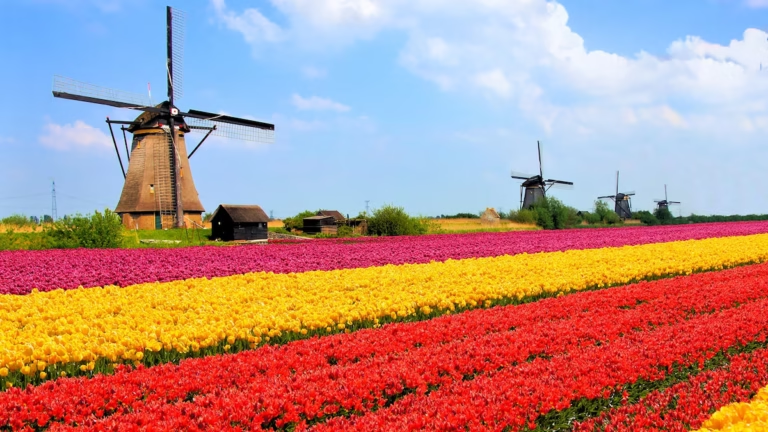🎧 Listen to This Article
A majority in the Netherlands’ House of Representatives (Tweede Kamer der Staten-Generaal) is pushing to abolish the national surcharge on single-use plastic packaging, arguing that it benefits businesses more than the environment and has failed to curb plastic waste.
Background on the Levy
Introduced in July 2023, the surcharge required foodservice and retail outlets to impose additional charges on plastic packaging and containers. The Ministry of Infrastructure and Water Management provided guidelines of €0.25 per cup and €0.50 per package. However, businesses had the flexibility to set their own rates, with many supermarkets charging as little as €0.01 per package. Regardless of pricing, the surcharge had to be listed separately on receipts.
Establishments were also mandated to offer reusable alternatives or allow consumers to bring their own containers—a policy aimed at reducing plastic waste and encouraging sustainable packaging solutions.
Minimal Impact on Plastic Waste Reduction
Despite its goals, reports from Dutch news outlet Nieuwsuur suggest the levy has not significantly decreased plastic waste or increased the use of reusable containers. Dutch consumers reportedly discard approximately 19 million plastic food packaging items daily.
Dirk Groot, a litter analyst known as the “Zwerfinator,” observed that disposable cups remain prevalent, though more now feature cardboard lids instead of plastic. University of Groningen associate professor Hans Risselada previously expressed doubts that the levy would drive consumer behavior change, citing a lack of clear sustainable alternatives and inconsistent pricing across establishments.
Political and Business Reactions
A proposal to eliminate the surcharge is gaining traction in the House of Representatives. Martin Buijsse of the People’s Party for Freedom and Democracy (VVD) criticized the levy for burdening consumers amid a cost-of-living crisis and increasing bureaucracy for businesses without clear environmental benefits.
Buijsse and other lawmakers argue that revenue generated from the surcharge is not reinvested into sustainability initiatives but instead goes directly to business owners. Meanwhile, Jimmy Dijk of the Socialist Party (SP) advocates shifting responsibility to producers rather than consumers, calling the surcharge a “nuisance tax.”
On the other hand, Jeroen Dagevos of the Plastic Soup Foundation believes a higher levy could alter consumer habits. He pointed to a 70% drop in plastic bag usage following price increases as an example of effective policy-driven behavior change.
Trade association Koninklijke Horeca Nederland cautioned that adjusting the levy would be complex, urging that businesses be given ample time to comply with any new regulations.
Broader Global Context
The Netherlands’ debate on plastic taxation echoes broader international trends. In the U.S., President Donald Trump recently revoked a previous administration’s initiative to phase out single-use plastics in federal agencies, calling the measure “ridiculous.” The decision has drawn mixed reactions from consumers, some of whom welcome the return of plastic for functionality, while others argue for environmentally friendlier alternatives.
Meanwhile, the Dutch government in 2023 officially recognized Notpla’s seaweed-based packaging as plastic-free under the EU Single-Use Plastics Directive. The classification was expected to help replace at least 15 million single-use plastic packaging units in the Netherlands.
The fate of the Dutch plastic packaging surcharge remains uncertain, but the debate highlights the complexities of balancing environmental goals with economic realities.
For further details, clarification, contributions, or any concerns regarding this article, please contact us at editorial@tax.news. We value your feedback and are committed to providing accurate and timely information. Please note that our privacy policy will handle all inquiries



